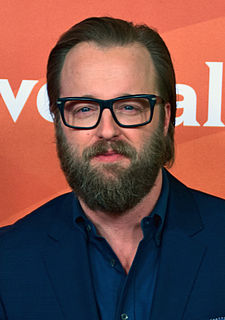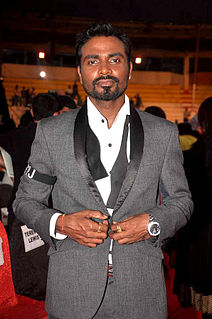A Quote by Park Chan-wook
I became a film director, but I wasn't successful with my first couple of films, so I had to turn to becoming a film critic to make a living.
Related Quotes
When I started I had no knowledge of films whatsoever. I was an engineering major at Stanford. And I found out as a senior that they had two film critics on the Stanford Daily, and they got free passes to all the theaters in Palo Alto. So I thought, I'll do that, and I became a film critic. And then I became interested in films. But I had no time to study anything in that area because I was a senior, just finishing up as engineering.
Me and Kirby are very collaborative and it changes from film to film. The first project we worked on together, Derrida, we co-directed. The last film Outrage, I was the producer and he was the director. This film was much more of a collaboration - he is the director and I am the producer - but this is a film by both of us.
Film’s thought of as a director’s medium because the director creates the end product that appears on the screen. It’s that stupid auteur theory again, that the director is the author of the film. But what does the director shoot-the telephone book? Writers became much more important when sound came in, but they’ve had to put up a valiant fight to get the credit they deserve.
It's quite interesting, looking back at the first one [film about Harry Potter], nobody knew whether or not it was going to be successful as a film. The books were of course already very successful, but that's happened before, where the books were successful and the films weren't at all. But it turned out that they were.
I wanted to be a playwright in college. That's what I was interested in and that's what I was moving toward, and then I had the lucky accident of falling in love with film. I was 19 or 20 that I realized films are made by people. Shooting digitally became cheaper and better. You couldn't make something that looked like a Hollywood film, but you could make something through which you could work out ideas. I was acting, but I was also conceiving the plots and operating the camera when I wasn't onscreen. I got very unvain about film acting, and it became a sort of graduate school for me.
We made 'Mickey and the Bear' with barely any money with a first-time director, a first-time director of photography, and a crew who had just graduated from NYU film school. We were all very much in this together for the first time. There's no famous actor or big explosions. It's not a Marvel movie. I thought nobody was going to see this film.





































